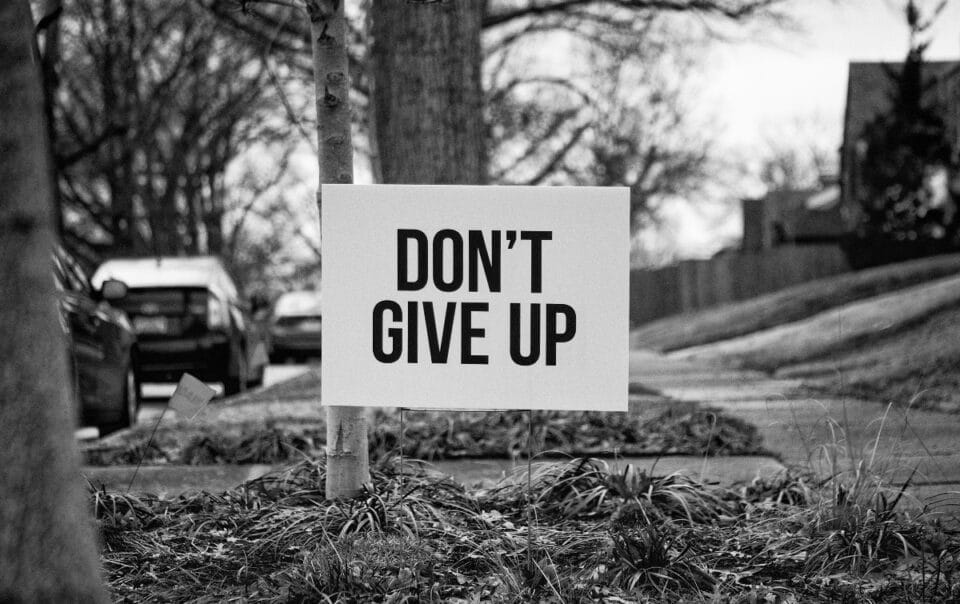
Accepting Help for Addiction
Addiction is a chronic and complex disease. There is a misinterpretation that addiction is a choice. This is dangerous because addiction requires treatment the same way other serious conditions do. Accepting help is one of the first steps toward breaking the pattern of addiction and moving toward a healthier lifestyle.
Accepting help for addiction means embracing reality as it actually is and not how you think or want it to be. Acceptance means acknowledging the fact that you have an addiction and that it is time to seek proper treatment.
The Stigmas Around Masculinity and Addiction
It is no secret that the stigma around masculinity and addiction is toxic. It is often more socially acceptable for men to be heavy drinkers, as it is thought that it is just the nature of men. Ultimately, this can create the issue where, as a man, you have a harder time admitting or identifying when drinking has become a problem. If you can still provide for your families and show up for work, there is not an issue there, right? Wrong.
Society has created this idea that masculinity means having no emotions. These stereotypes and expectations create this belief that, because you are a man, do not need help or have internal struggles. Toxic masculinity can cause you to stay quiet about your struggles, resulting in negative coping strategies like drinking. You may drown your stress and emotions with alcohol, which in turn can manifest through anger and aggressiveness.
How to Accept Help for Addiction
Accepting help can be easier said than done, so here are a few tips to help get you started in the right direction.
- Ask yourself why you don’t like help. A first step in learning how to accept help is to address why you were afraid of asking for help in the first place. Is it because of stereotypes and stigmas? Or maybe you are in denial of your internal struggles? All these situations can contribute to feeling like help is a concept that does not apply to you. To get through life and beat addiction, being comfortable asking for help allows you to take a lot of stress off yourself.
- Allow yourself to be vulnerable. Vulnerability is a part of recovery. This might not be a concept that comes easily for men, but it is one you should ultimately become comfortable with. Vulnerability with yourself can allow you to identify when you are struggling and need a helping hand to get you through a tough time. Being vulnerable with others you trust also helps create strong bonds that you can lean on during recovery.
- Release the fear that others are judging you. When it comes to your friends and family members, they have more than likely been waiting for you to get help. While they might not have the best picture painted of you at the moment, that is what getting treatment is for. During your time in recovery, the goal is to ultimately work on a new sober approach to life that includes who you are and how you carry yourself.
- Actively let people help you. Recovery is a whole new experience. It will take a lot more than yourself and willpower to overcome addiction. You will need assistance through the withdrawal process and need to stay committed to sobriety. Every day will not be a walk in the park, and having a support system around you will help you stay on track. If you are on the search for a treatment center, know that the staff is there to support you.
How to Reach Out for Help
Not only do you need to be able to accept the help that comes with treatment, but you need to recognize when you need help and speak up and ask for it. This can be one of the most difficult aspects of recovery, but it is also one of the most essential.
- Reach out to a trusted family member or friend. Your friends and family members have likely seen you struggle with your addiction and are waiting to help you. This may feel like a scary step because you might be concerned about what they think about you, or perhaps you do not have the best relationship with them at the moment. Reaching out to them for help can show them that you are ready for a change and can ultimately help you repair the relationship later on.
- Reach out to a treatment center yourself. Do research on local treatment centers near you that you may be interested in. You can go to their website and see:
- What their mission statement is
- Their staff information and backgrounds
- Their approach or process to treatment
- What treatment modalities are offered
- The requirements to be accepted
- If you are someone who would like to go somewhere further from home, look at out-of-state treatment centers. Get an overall feel for what you would like in a treatment center. The next step is to find out how to contact them. This could be through a phone call, email, or filling out their contact information.
- Contact a mental health professional or your primary care provider. Mental health professionals or your primary care provider are great resources to help you get started in treatment. Often, they do their own assessment first to see if you have an addiction and if any underlying mental health concerns should be treated. Co-occurring disorders are common and often can contribute to initially using substances in the first place. A mental health professional or your primary care provider can refer you to a treatment center that feels right for you.
Addiction can completely consume your life. Finding your way out of the rabbit hole of addiction is not a task you should do alone. Learning to accept help is a part of the recovery process, and a major step towards overcoming addiction.
At Healing Pines Recovery, we are ready to help you take that first step. We are an alcohol treatment center dedicated to helping men overcome their addiction. Life has a way of getting the best of us sometimes. When you feel like you don’t have a place or person to share these struggles with, you can quickly turn to unhealthy coping strategies like using substances.
Reach out to Healing Pines Recovery today to take the first step toward your recovery. You can give us a call at 720-575-2621 to learn more about how we can help you.
Paul Leafstedt
Paul was born and raised in the beautiful state of Colorado. He went to college in California at CAL Poly Pomona, majoring in Mechanical Engineering. Being a person in recovery and always finding fulfillment in helping others succeed, Paul co-founded a treatment center in California with 4 other partners. Paul came back to Colorado to continue his journey in the field of addiction, and to share his vision for Healing Pines Recovery. “Colorado is such a magical place for me, its natural beauty and peace lend itself for the perfect environment to connect with yourself and others. Healing Pines is different, it’s real, you can feel it. What you see is what you get here. This is a safe place to dig deep and be vulnerable, to re-discover yourself, what the world has to offer and what you have to offer the world.”Begin Your Journey & Escape Addiction
The first step can be the hardest. Fill out the form or call us at (720) 575-2621. You will be connected with a Healing Pines Recovery specialist who can answer your questions and help you get started.
Let Us Help You
Speak to Someone Right Now







